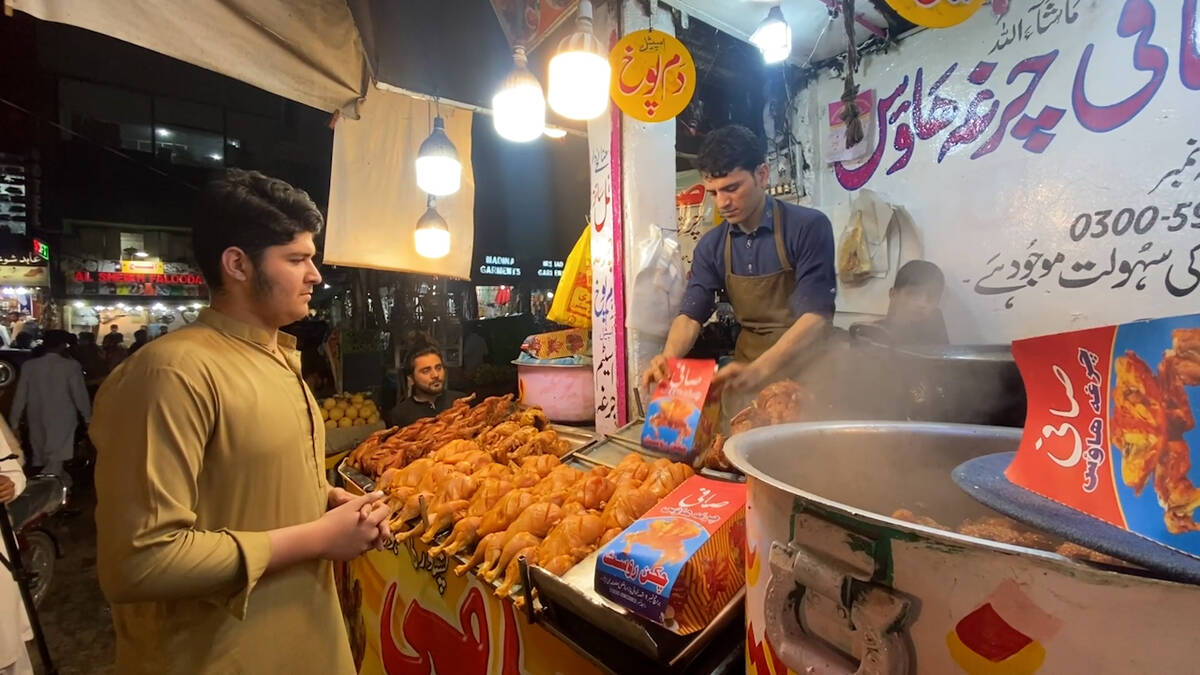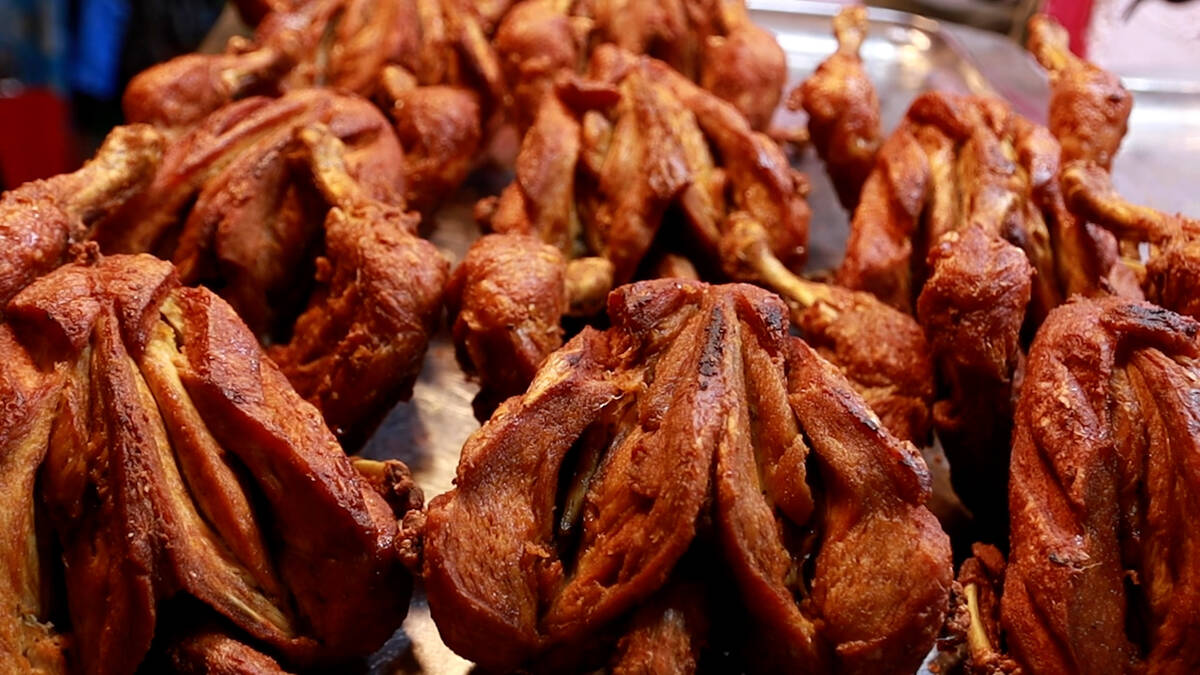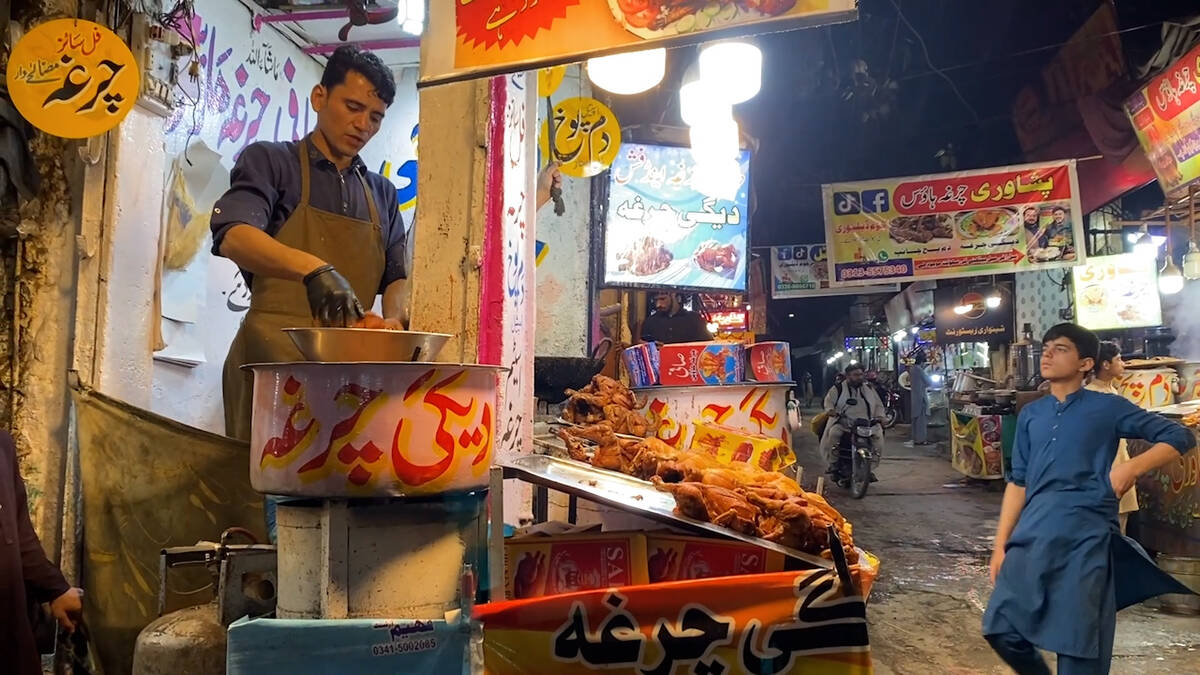ISLAMABAD: The Pakistan army said on Tuesday one soldier and 15 militants were killed as security forces conducted an intelligence-based operation in Zhob District in southwest Pakistan.
The remote southwestern Balochistan province has seen an increase in strikes by separatist ethnic militants this year. The province is home to key Chinese Belt and Road projects.
“During the conduct of the operation, own troops effectively engaged the khwarij [militant] location and resultantly 15 x Khawarij were sent to hell,” the army said in a statement, adding that a large quantity of weapons, ammunition and explosives were recovered from the militants.
“However, during intense exchange of fire, Sepoy Arif ur Rehman (age 32 years; resident of Mansehra District), having fought gallantly, paid the ultimate sacrifice and embraced Shahadat [martyrdom].”
Pakistan’s military has a huge presence in the rugged Balochistan region bordering Afghanistan and Iran, where insurgent groups have been fighting for a separate homeland for decades to win a larger share of benefits from the resource-rich province.
The military has long run intelligence-based operations against the insurgent groups, the most prominent being the Baloch Liberation Army (BLA), which has escalated attacks in recent months on the military and nationals from longtime ally China.
The region is home to the Gwadar Port, built by China as part of the China-Pakistan Economic Corridor (CPEC), a $65 billion investment in President Xi Jinping’s Belt and Road infrastructure initiative to expand China’s global reach.
One soldier, 15 militants killed in operation in southwest Pakistan — army
https://arab.news/59cnp
One soldier, 15 militants killed in operation in southwest Pakistan — army

- Remote Balochistan region has seen an increase in strikes by separatist ethnic militants this year
- Province is home to Gwadar Port, built by China as part of China-Pakistan Economic Corridor





















